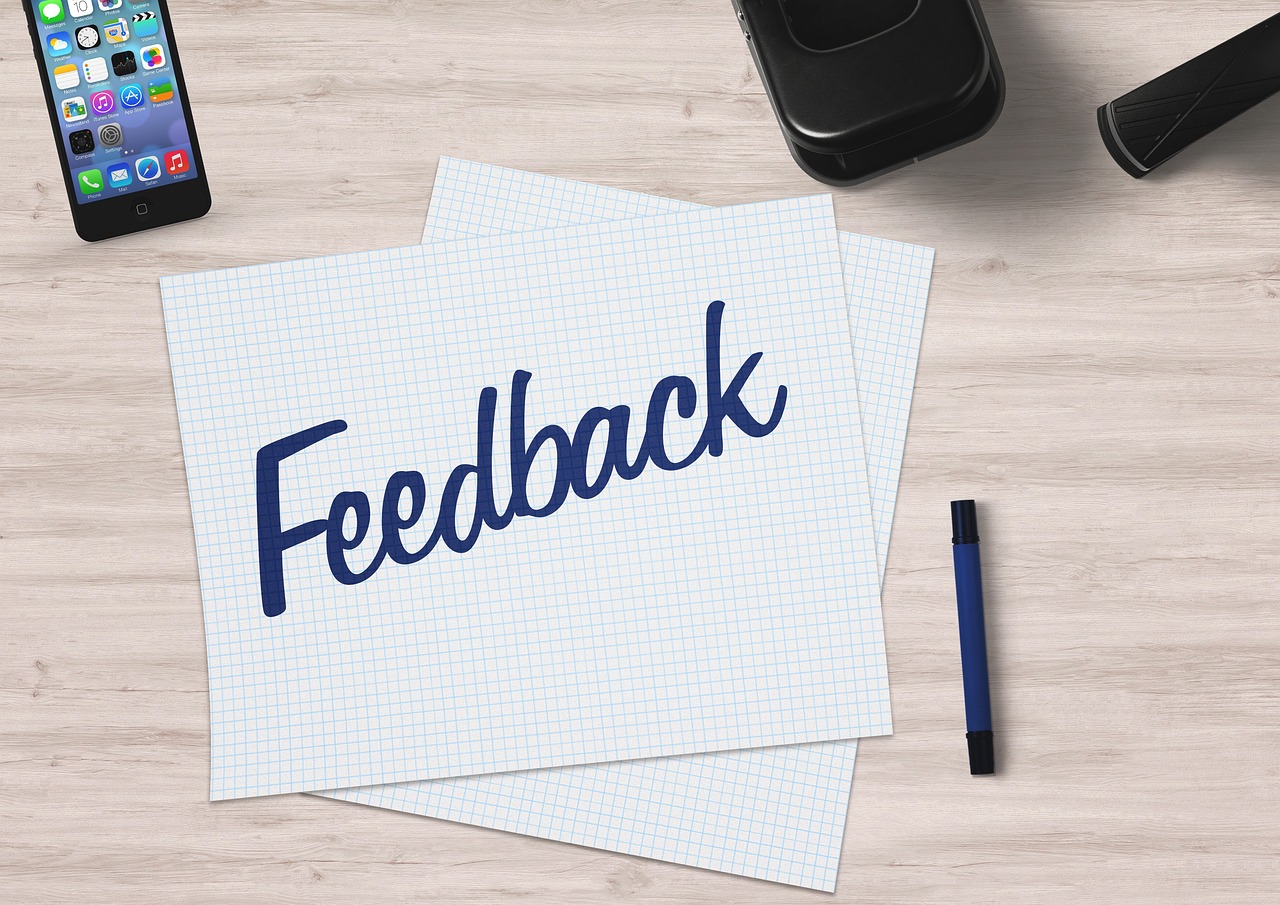I need to decide! but how?
Am I making the right decision??? Is this worth trying???
Numerous people, especially the younger generation are now struggling to find the right answer to these questions even I myself.
Before taking you through my experiences and tips in making an effective decision, let’s take a look at the definition of “MAKING DECISION”.

Making a Decision is understood as a process to make a choice of different alternatives to come to a desired result. It’s the process of evaluating various possibilities and selecting the one that best aligns with your goals, values, or needs.
When I was in my very first work experience, I was really struggling to decide what I wanted to do in my studies, my work, and my future. I was anxious. I was afraid that I had make the wrong choice. However, since young until now I always telling myself one thing and that is “ If I am scared even to try it means I already lost”.
Therefore, I encouraged myself to move and work in Siem Reap province alone after living in my hometown for more than 20 years.
And yeah, I made the right choice, I am able to learn so much through my journeys here in Siem Reap. I transformed from an introverted and shy person to a person who is brave enough to stand in front of a crowd, to be MC (Master of Ceremony) for different types of events, and to network with people from diverse backgrounds.

Let’s not talk about me anymore. I’ll bring you step by step to an ultimate guide to help you build your confidence in making-decision.
Here are the 4 stages of making decisions according to Rest (1986): 1. Being aware of the issues, 2. Making ethical judgments, 3. Establish an intent to act ethically and last proceed to engage in ethical behavior

The two factors which affect the decision-making are the personal element and the external element
-
-
Personal element
-
Values and Beliefs: Your core principles and beliefs shape how you perceive options and make choices. For example, a person who values environmental sustainability might prefer eco-friendly products.
Emotions: Feelings can influence decisions, sometimes leading to choices based on how a decision makes you feel rather than purely logical considerations.
Past Experiences: Previous experiences can affect your decision-making by shaping your expectations and preferences. For instance, a positive experience with a particular brand might influence you to stick with that brand in the future.
Cognitive Biases: Psychological factors, such as overconfidence or confirmation bias, can impact how you evaluate options and make decisions.
Goals and Aspirations: Your long-term objectives and personal ambitions guide your decision-making process. Decisions are often made with these goals in mind.
-
-
External element
-
Social Influences: Opinions and pressures from family, friends, colleagues, or society can impact your choices. Social norms and expectations often play a role in decision-making.
Economic Conditions: Financial factors, such as budget constraints or economic climate, can affect decisions, particularly in business or personal finance contexts.
Cultural Context: Cultural norms and practices can influence decisions, including preferences and acceptable choices within a specific cultural setting
Legal and Regulatory Factors: Laws and regulations can limit or dictate certain choices, particularly in professional or business environments.
Environmental Factors: Situational elements like market conditions, availability of resources, or physical environment can impact decision-making.
1. Step to confidently making your own decision

Understand the decision-making process
The fundamental motivation to build your confidence is when you clearly understand the decision-making process. It is crucial for people to understand because this could bring you more solutions and make an impressive outcome. Moreover, if you’re a leader, thorough decision-making will bring you more accountability leader and better strategic planning in your team.
-
-
Collect relevant information
-

However, before you make any decision, the first thing to do is to collect all information related to what is being discussed, or working on.
WHY?
having more information on the things that you’re going to decide will allow you to understand more about the context and minimize the risk of your own decision.
-
-
Evaluate your option
-
This one is crucial. In order to identify the opportunities lying ahead of your decision and consequences as well as the RISK.
-
-
Trust your intuition
-
Sound is not reliable, Isn’t it? but sometimes your gut instinct unexpectedly becomes true. So if things got really trickly just trust your own intuition.
-
-
Practice the decision making
-
A good decision-maker will not happen overnight. Small small and slowly develop your skills and knowledge through this simple step. Keep going and you will be surprised!
-
-
Set clear goal
-

Clear goals play an essential role in keeping your motivation and your progress on track. However, if you’re a beginner, start with a small and smart goal and Be a superstar dear!
-
-
Manage your stress
-
Why does stress management matter? Well, guys be aware that a good decision maker will not make their own decision when they’re drunk because you’re not conscious enough. The same like when you’re stressed, the circumstance will not be a really good time to decide on anything. Take some time to calm down first and take each step in the guide tip here seriously to make a well-informed decision.
-
-
Build self-awareness
-
After setting your choice. always be aware of your decision and monitor the progress. This will help you learn in the progress and allow you to be informed of unexpected things that happen to distract your goal.
-
-
Seek feedback
-

There is a words said “Be a half glass of water if you want to grow”. Ask for feedback and suggestions from your senior or advisor so that you can improve.
-
-
Learn continuously
-
Live long learning guys. Don’t expect to master any skills overnight. Keep learning and improve and become a shining star. You got my support.:)
-
-
Embrace mistake
-

Nobody is perfect. Always tell yourself ” At least I tried your best and I will keep going until the day I make it”.
Alright everyone, if you’re always looking out a ways to be more confident in making decisions. Start it now and remember to set your goal clearly and Smartly. Check out my blog on how to set a SMART goal which will be released soon.
Be the queen and the king of your kingdom!